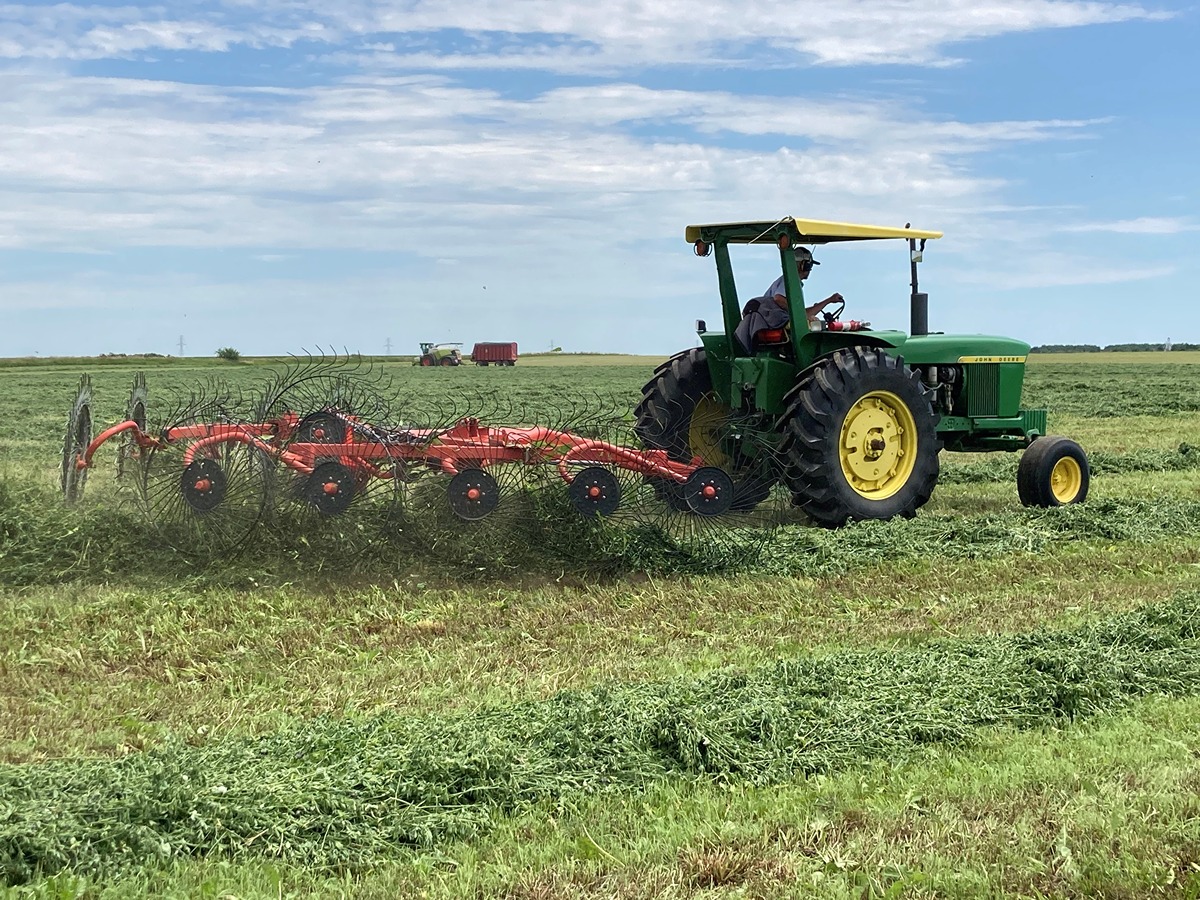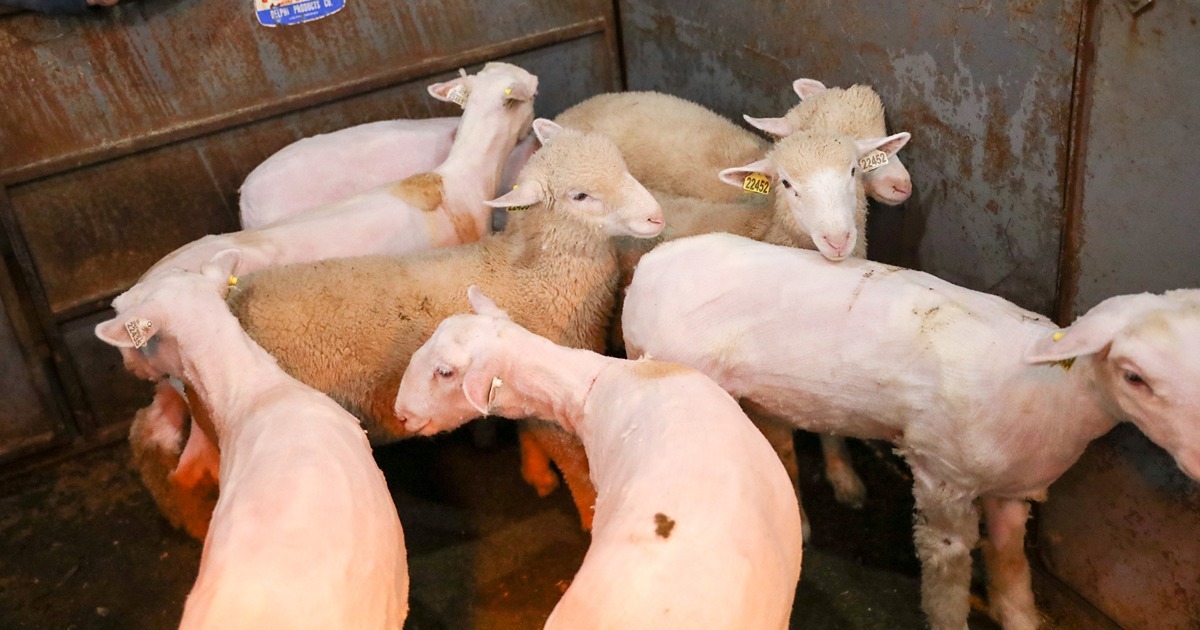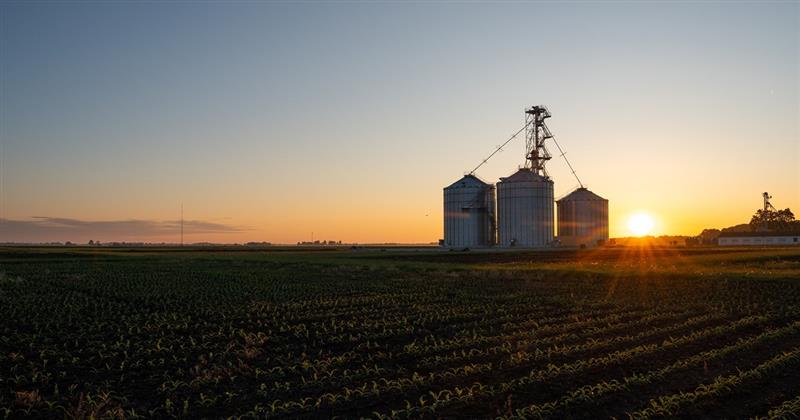‘Hey there, hay here’ free virtual seminar offers insights on forage quality and testing
WEST LAFAYETTE, Ind. — The Indiana Forage Council and Purdue University Extension will host “Hey There, Hay Here,” a virtual seminar on forage quality and testing from 6 to 8 p.m. EST Nov. 12. The event is free to the public.
“Forage testing is more than receiving numbers and potentially having bragging rights that you’ve made top-quality hay. With the help of a trained nutritionist, the values from a forage analysis will permit the development of a ration, keeping livestock in excellent body condition regardless of where they are at in their life cycle,” said Keith Johnson, professor of agronomy at Purdue.
Those who are interested but unable to access the seminar livestream from home can attend one of the many viewing locations offered across Indiana. More details on these locations can be found on the Extension website.
Jason Tower, superintendent of the Southern Indiana Purdue Agricultural Center, added that a hay analysis will help producers meet cows’ nutritional needs “by knowing the amount of supplementation needed to make up the nutritional shortfall in the hay.”
No registration is required for the seminar. For questions and/or accommodations, contact Johnson at johnsonk@purdue.edu or 765-494-4800.
About Purdue Agriculture
Purdue University’s College of Agriculture is one of the world’s leading colleges of agricultural, food, life and natural resource sciences. The college is committed to preparing students to make a difference in whatever careers they pursue; stretching the frontiers of science to discover solutions to some of our most pressing global, regional and local challenges; and, through Purdue Extension and other engagement programs, educating the people of Indiana, the nation and the world to improve their lives and livelihoods. To learn more about Purdue Agriculture, visit this site.
About Purdue University
Purdue University is a public research university leading with excellence at scale. Ranked among top 10 public universities in the United States, Purdue discovers, disseminates and deploys knowledge with a quality and at a scale second to none. More than 106,000 students study at Purdue across multiple campuses, locations and modalities, including more than 57,000 at our main campus locations in West Lafayette and Indianapolis. Committed to affordability and accessibility, Purdue’s main campus has frozen tuition 14 years in a row. See how Purdue never stops in the persistent pursuit of the next giant leap — including its integrated, comprehensive Indianapolis urban expansion; the Mitch Daniels School of Business; Purdue Computes; and the One Health initiative — at https://www.purdue.edu/president/strategic-initiatives.
Writer: Ashvini Malshe, malshea@purdue.edu, (765) 496-7480
Media contact: Devyn Ashlea Raver, draver@purdue.edu
Sources: Keith Johnson, johnsonk@purdue.edu; Jason Tower, towerj@purdue.edu
Agricultural Communications: Maureen Manier, mmanier@purdue.edu, 765-494-8415





